
What is the disease of irregular fast and slow heartbeat?
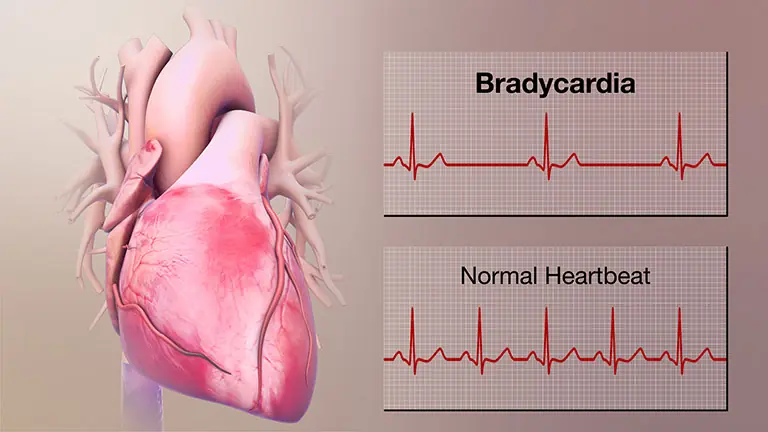
What Happens When You Have Irregular Heartbeats (Fast or Slow)?
Irregular heartbeats, also known as arrhythmias, refer to abnormal heart rhythms where the heart rate is either too fast (over 100 beats per minute), too slow (below 60 beats per minute), or irregular. These irregularities can be a sign of underlying heart conditions. Here are some common health issues that may cause irregular heartbeats:
1. Arrhythmia
Arrhythmia is a condition where the heart beats irregularly, either too fast, too slow, or in an irregular pattern. Common types of arrhythmias include:
-
Atrial Fibrillation (AFib): A common arrhythmia that causes the heart to beat irregularly and can be fast or slow. AFib increases the risk of stroke.
-
Tachycardia (Fast Heart Rate): The heart beats too fast, usually over 100 beats per minute. This can occur due to stress, anxiety, cardiovascular diseases, or electrolyte imbalances.
-
Bradycardia (Slow Heart Rate): The heart beats too slowly, typically under 60 beats per minute. Bradycardia can happen if there’s an issue with the sinoatrial node (the heart's natural pacemaker), or due to heart diseases like myocardial infarction or conduction disorders.
2. Coronary Artery Disease
Coronary artery disease occurs when the arteries supplying blood to the heart become narrowed or blocked by cholesterol plaques. This can lead to irregular heartbeats, chest pain, or even a heart attack.
3. Supraventricular Tachycardia (SVT)
SVT is a rapid heart rate that starts in the upper chambers of the heart (the atria). SVT can cause the heart to beat very fast, often over 150 beats per minute, leading to feelings of palpitations, dizziness, or fainting.
4. Cardiomyopathy
Cardiomyopathy is a condition where the heart muscle weakens, reducing its ability to pump blood efficiently. Weak heart muscles can lead to arrhythmias, including both fast and slow heart rates, and can be dangerous if not treated promptly.
5. Heart Valve Disease
Heart valve problems, such as mitral valve prolapse or valve stenosis, can cause irregular heartbeats. When the heart valves do not work properly, blood may flow backward or insufficiently, leading to irregular or fast heart rhythms.
6. Electrolyte Imbalance
Abnormal levels of electrolytes (such as potassium, calcium, or sodium) in the body can affect the electrical conduction system of the heart, leading to abnormal heart rhythms like fast or slow heartbeats.
When Should You See a Doctor?
If you experience any of the following symptoms, it’s important to seek medical attention:
-
Heartbeats that are too fast, too slow, or irregular.
-
Dizziness, fainting, difficulty breathing.
-
Chest pain or tightness.
-
Feeling excessively anxious or palpitations.
You should see a doctor to get tested and diagnosed. Early diagnosis will help in timely treatment and reduce the risk of serious complications such as stroke, heart failure, or cardiac arrest.
News in the same category


The wonderful health benefits of turmeric for human health

What To Eat During Your Period: Foods That Help Reduce Cramps and Foods To Avoid
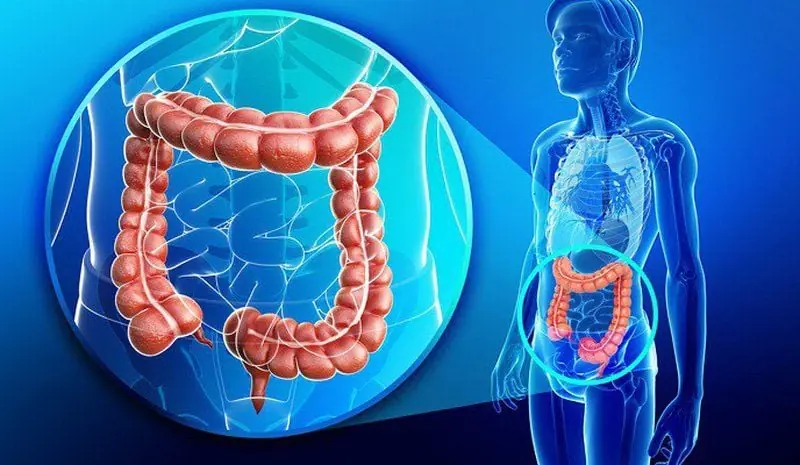
5 habits to prevent colorectal can:cer
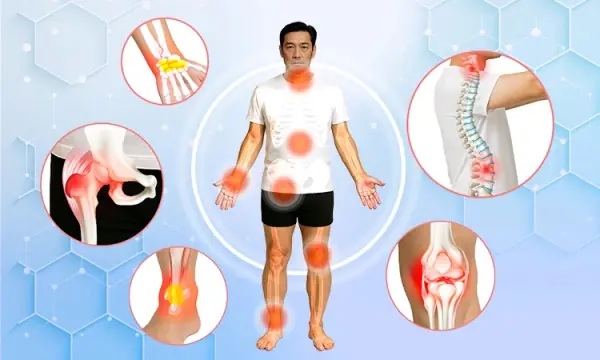
What happens when joints degenerate?
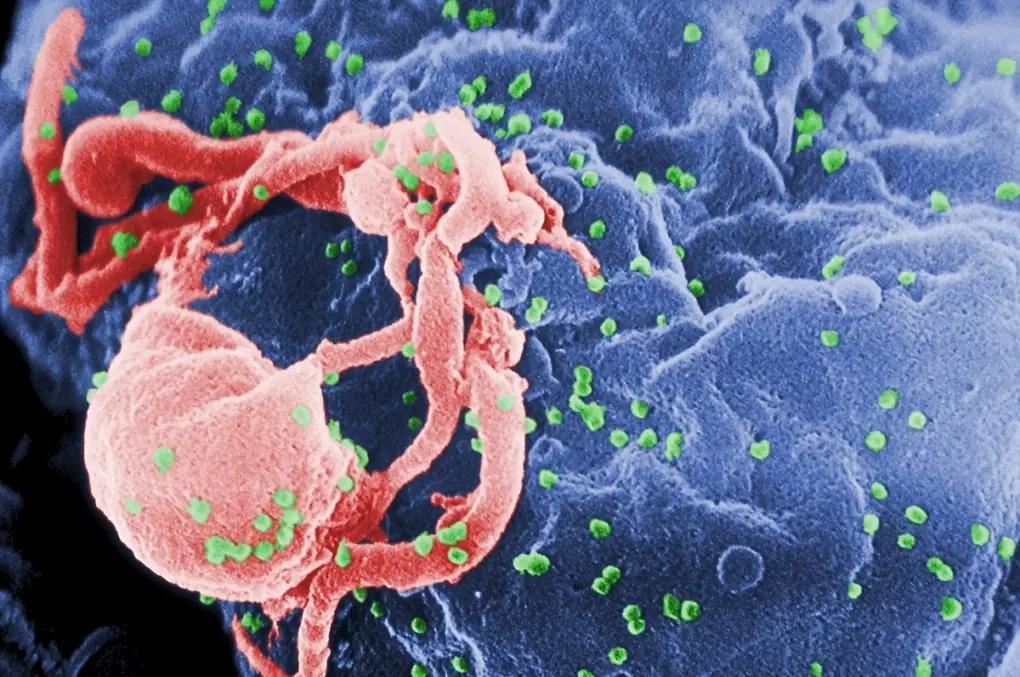
Potential way to cure HIV permanently found

What happens when you eat too much saturated fat?

Japanese Doctor Reveals 3 Everyday Foods That Naturally Boost Immunity and Reduce Frequent Illness

Can.cer May Reveal Itself Through These 2 Nighttime Warning Signs — Everyone Should Be Aware

5 warning signs of oral can:cer

15 Years Can.cer-Free: Japanese Doctor Shares 5 Simple Habits to Keep Can.cer Cells from Returning

Diabetics are ‘very afraid’ of a spice that is abundant in the market: American experts say it is ‘as good as prescription drugs’

Rub Ginger on the Soles of Your Feet Before Bed, and You’ll Experience Its “Miraculous” Health Benefits

What happens to your body if you drink orange juice every day?

A cup of hot water can offer many health benefits
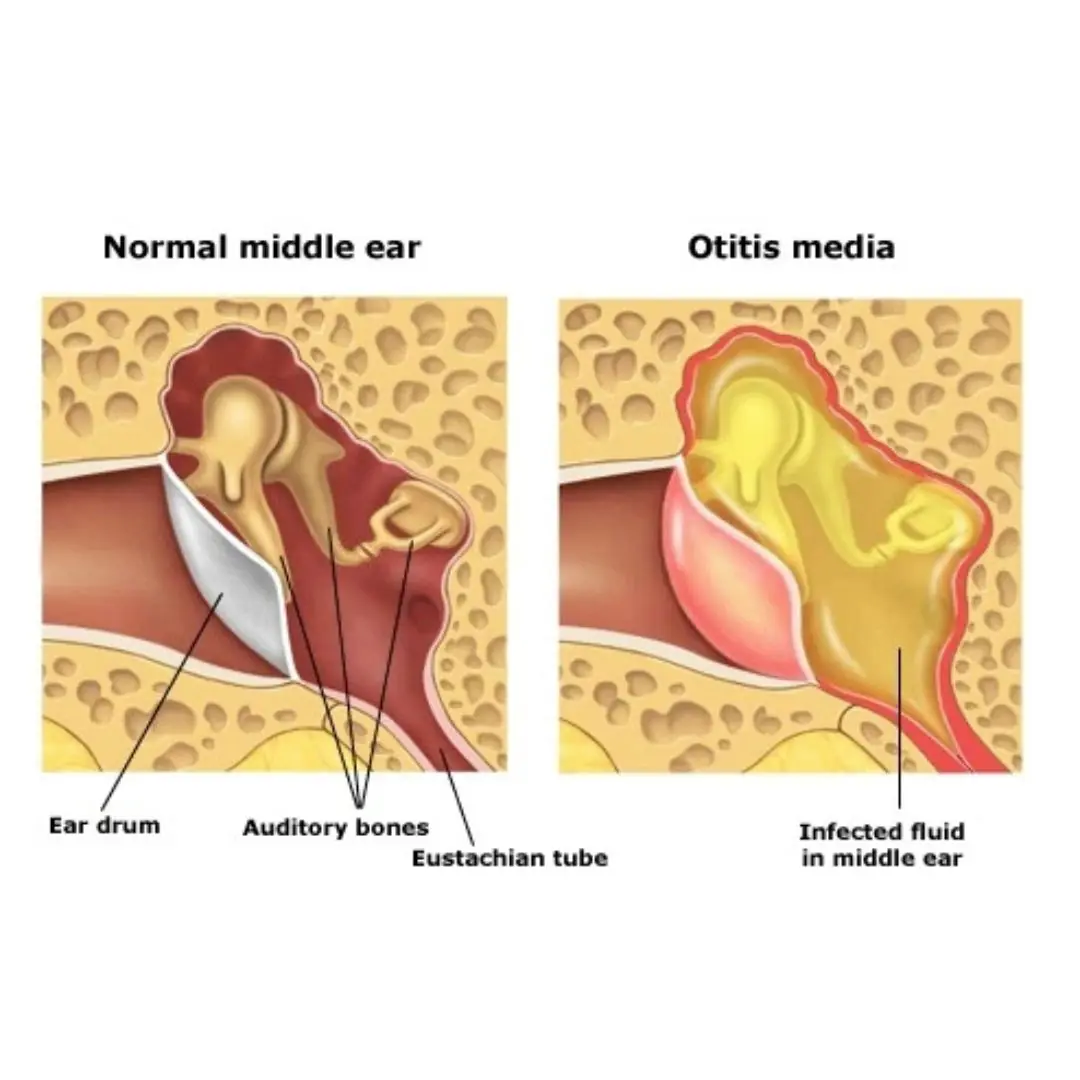
Otitis media – the “hidden culprit” causing vestibular disorders that many people ignore
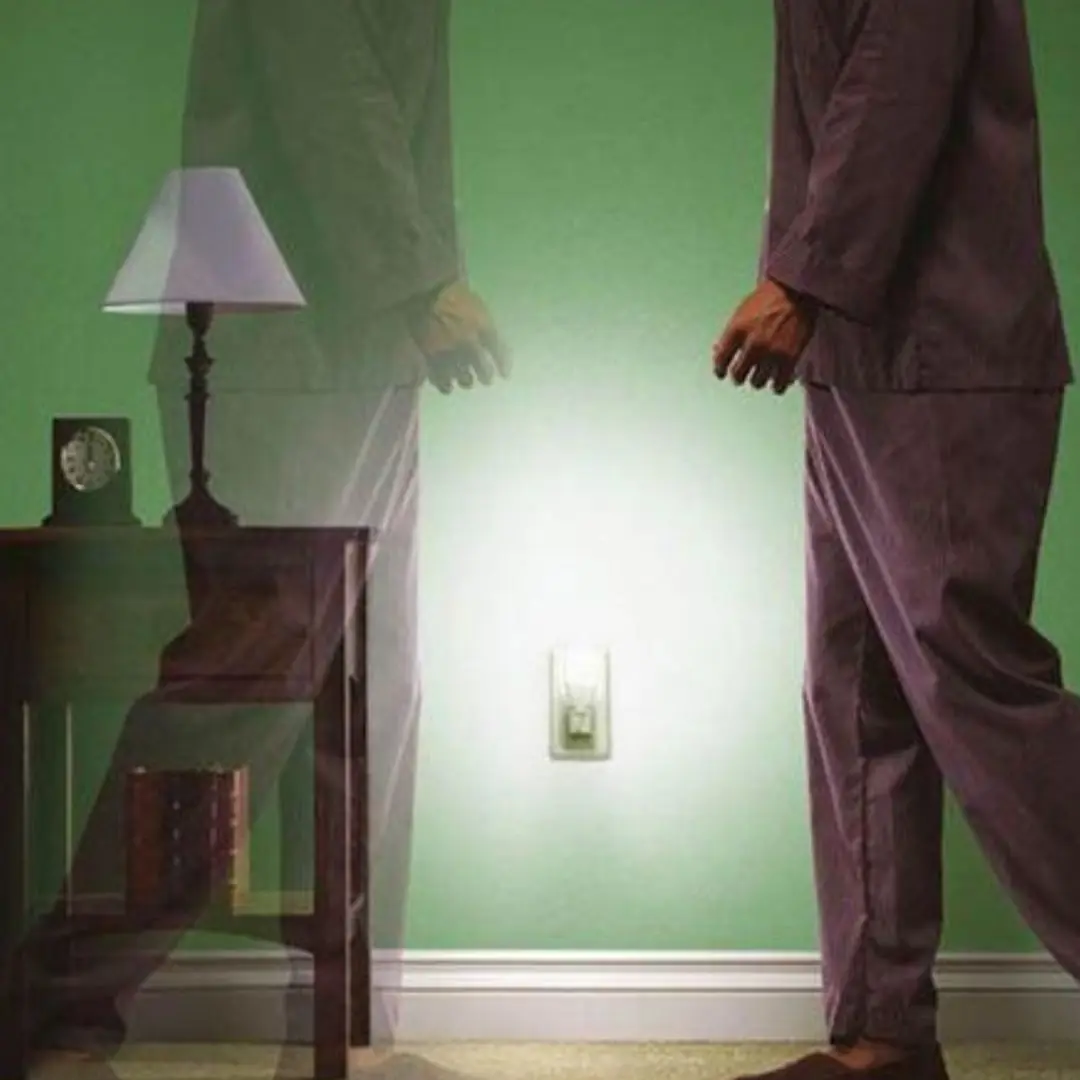
Don't drink water before bed but still urinate at night, beware of these 3 diseases

4 changes in fingers that could be signs of lung can.cer
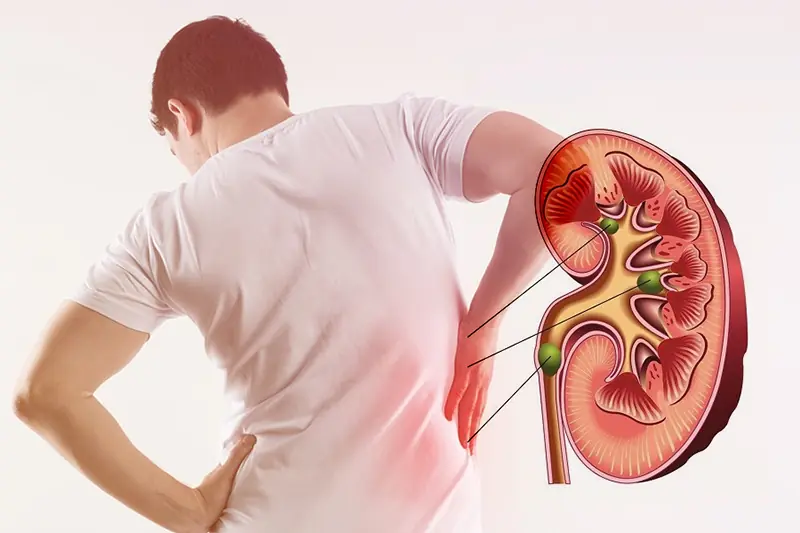
8 symptoms of kidney fai.lure you should never ignore
News Post

The wonderful health benefits of turmeric for human health

How To Grow Sweet Potatoes: Ultimate Care & Growing Guide

The wonderful health benefits of turmeric for human health

Growing Beautiful Bell Peppers in Sunny SoCal

Should you turn the lights on or off when sleeping in a hotel?

10 Brilliant Uses For Eggshells In Your Garden

What To Eat During Your Period: Foods That Help Reduce Cramps and Foods To Avoid

5 Tips to Grow Basil Like a Boss

RM, V, Jung Kook, and Jimin will soon be discharged from the military

5 habits to prevent colorectal can:cer

How many eggs should you eat a week?

What happens when joints degenerate?

Potential way to cure HIV permanently found

What happens when you eat too much saturated fat?

Transform your garden with the magic of turmeric!

Japanese Doctor Reveals 3 Everyday Foods That Naturally Boost Immunity and Reduce Frequent Illness

Is Tightly Wrapped or Loosely Wrapped Cabbage Better?

3 Common Mistakes When Eating Shrimp That Strip Away All Its Nutrients — Especially the Second One
